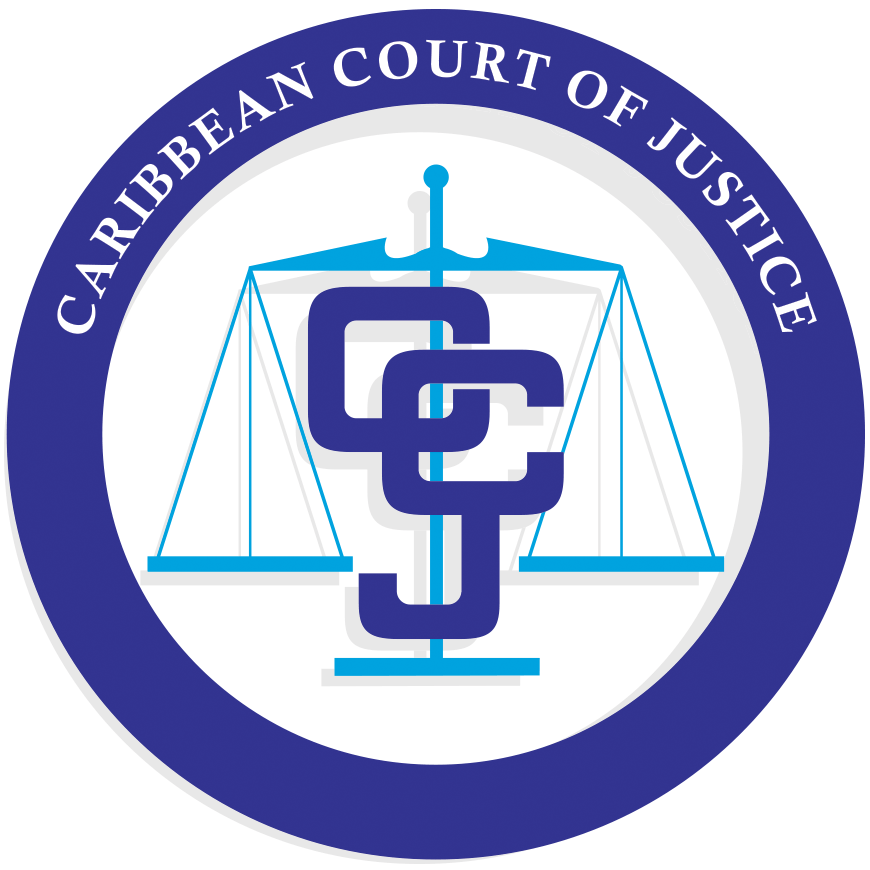
The Judicial Reform and Institutional Strengthening (JURIST) Project has launched its Model Guidelines for Sexual Offence Cases in the Caribbean region.
The guidelines are intended to provide internationally accepted best practices for the management of sexual offence cases, and offer a rights-based approach to the treatment of complainants and vulnerable witnesses, including children, involved in sexual assault cases.
The launch took place at the Caribbean Association of Judicial Officer’s (CAJO) 5th Biennial Conference which is being held in Curaçao from September 28 – 30, 2017.
Speaking at the launch, the Honourable Mme. Justice Rajnauth-Lee, Judge at the Caribbean Court of Justice (CCJ) explained that even though the CARICOM region has made progress in promoting gender equality, sexual violence perpetrated against women, girls and boys remains a significant problem.
The region, she said, experiences high levels of sexual violence – the majority of which is underreported and ineffectively dealt with by the justice system. She noted there have been improvements in the justice system’s response to sexual assaults and the survivors of sexual violence who seek redress from the courts.
“However, a 2016 Baseline Study, commissioned by the JURIST Project and undertaken by UN Women, found that the justice system’s management of sexual offences and its treatment of complainants and witnesses remains uneven, uncoordinated (in relation to the relationship between justice sector actors who work along the justice chain with sexual offences) and continues to lead to the re-victimisation of survivors who seek protection and redress,” the CCJ Judge said.
Justice Rajnauth-Lee stated that the Guidelines will provide guidance to justice sector stakeholders involved in the reporting, investigation, prosecution and adjudication of sexual offences. Dr. Penny Reedie, Project Director, JURIST hailed the development of the Guidelines as a major milestone in the life of the Project.
“These Guidelines, are the result of hard work, dedication, and commitment to improve the management of sexual offences cases throughout the region and the treatment of survivors of sexual offences,” she noted.
It is hoped that the Guidelines will be adopted by all countries in the region and that its implementation will result in:
– speedy adjudication of cases and reduction of case backlogs over time;
– improved responses to survivors that will enable their full participation in the justice system, increase offender accountability and reduce secondary victimisation;
– a trained and skilled cadre of cross-sectional professionals including judges, court personnel, police and attorneys to efficiently respond to sexual assault cases, survivors and witnesses;
– increased public confidence in the justice system as it relates to the handling of sexual assault cases.
The Model Guidelines for Sexual Offence Cases in the Caribbean Region is available on the JURIST Project website at: http://www.juristproject.org/publication/model-guidelines
Courtesy: www.looptt.com






